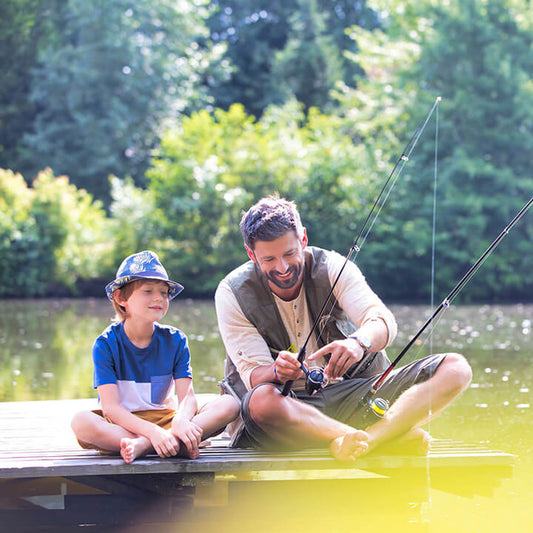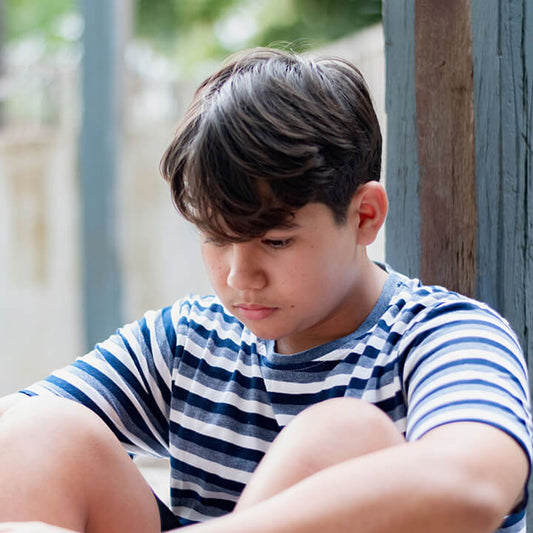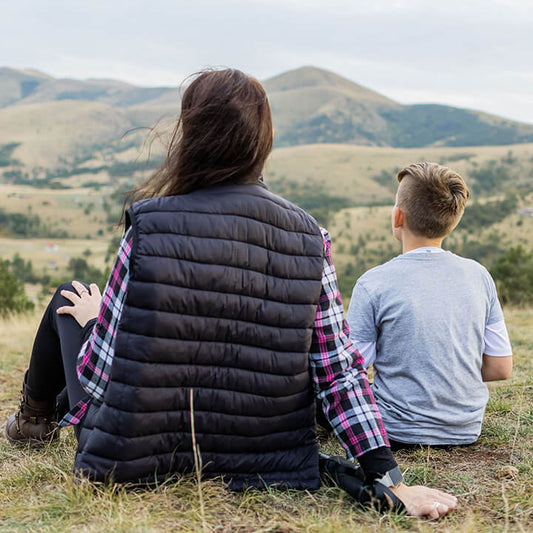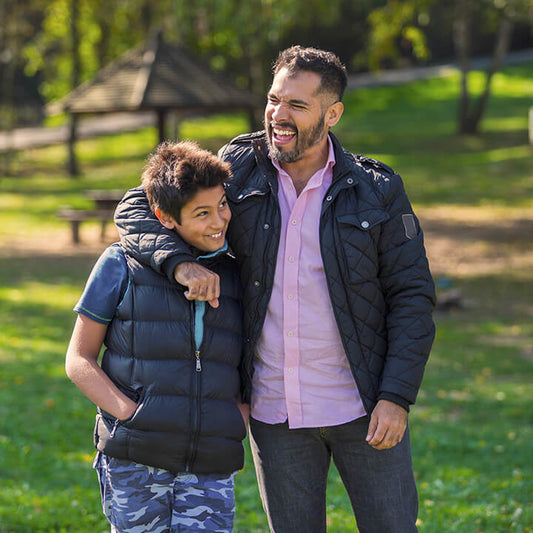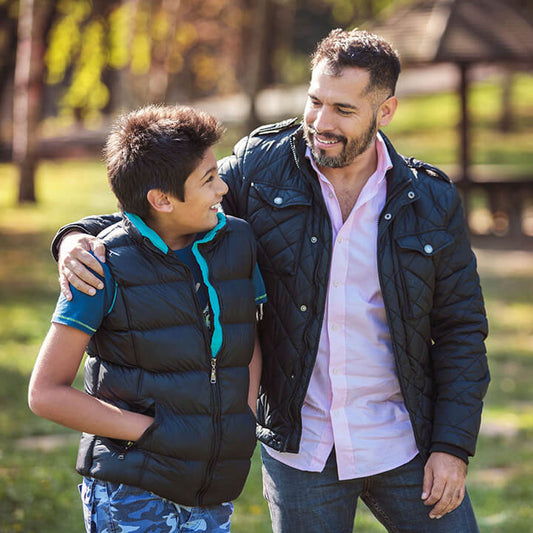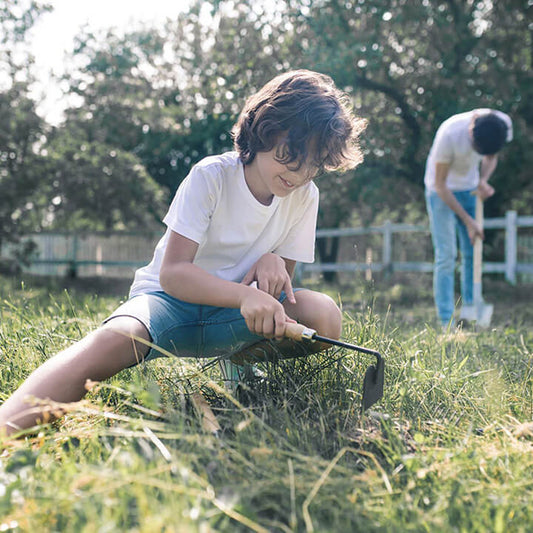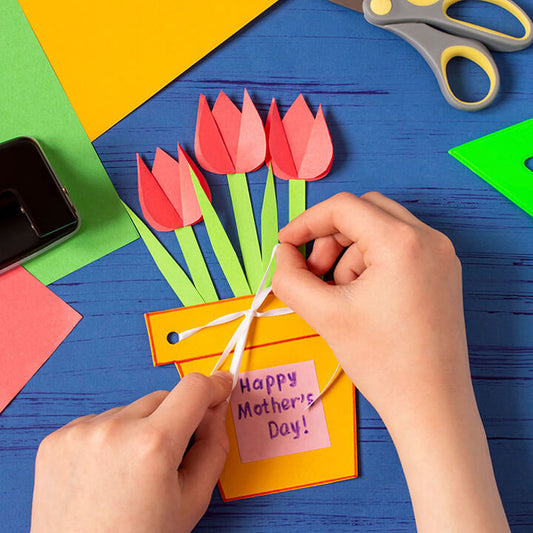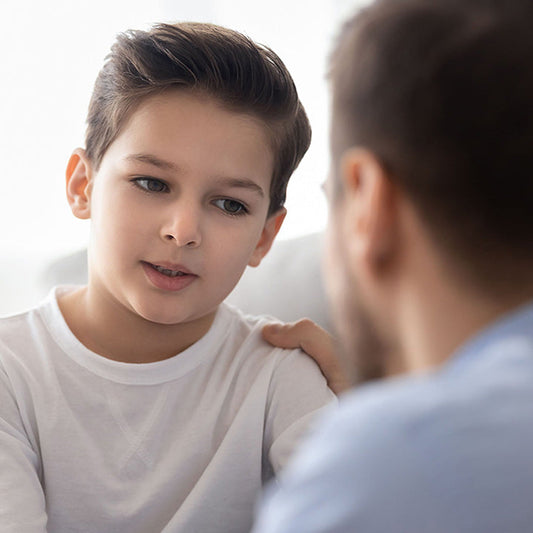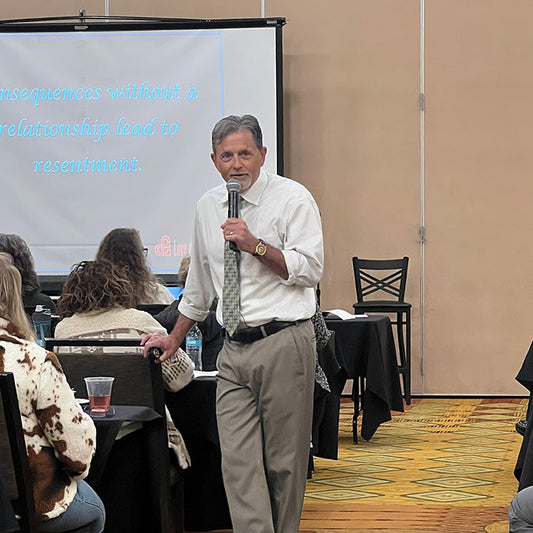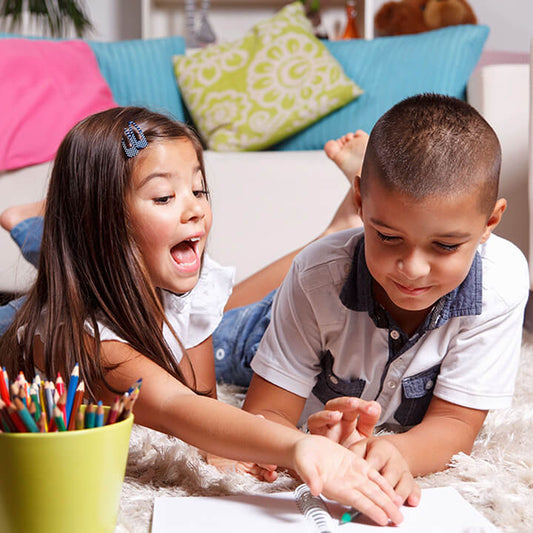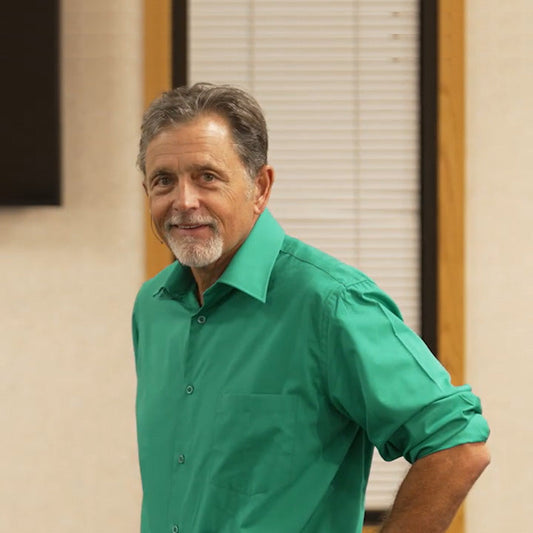Two Things Parents Do About Lying
One of our Facebook friends wrote, "Is lying about brushing your teeth something to drop for my 11-year-old son? As we are pressing into the teenage years I am questioning what is worth not letting go because it is still lying which I don't want to condone."
Lying is unacceptable and wise parents don't ignore it or condone it. The wise parent does two things about lying.
AVOID THE "DID YOU?" SITUATIONS
Very few humans, including adults, are like young George Washington in the cherry tree story. Most people, including children, tend to lie to protect themselves. If the child didn't brush his teeth, and the parent asks, "Did you brush your teeth?" the answer will probably be a lie. So, why ask in the first place?
A better approach might be to say, "I hope you're protecting your teeth by brushing. I've been a little worried for you since I pay for the good dentist reports and you pay for the bad ones. I hope you get a good report from the dentist."
And yes, a Love and Logic parent would have the child pay for the bad check up. We don't make hollow threats. Remember that sincere empathy precedes the consequence. "How sad, a bad dentist check up. Do you want to use your allowance money or what? Could you use a hug?"
LYING EARNS CONSEQUENCES
In the event that a child tells a lie, the generic Love and Logic consequence called the "Energy Drain" technique can be used.
"Son, I know that you lied to me about talking back to your teacher. That's not acceptable in this family. I spent a long time on the phone talking with your teacher about your behavior, and didn't get my own work accomplished. I'll let you know later how you can replace the time and energy I used up dealing with this."
Steps for Teaching Honesty as the Best Policy
There are few things that leave parents angrier, or more worried, than when their kids act "truthfulness-challenged." The good news about lying is that kids do it. What I mean is that all youngsters experiment with bending the truth, and it doesn't necessarily mean that they'll end up becoming con men, criminals or politicians. That is, as long as we can help them see that honesty really is the best policy.
One way of achieving this goal is to apply the following steps:
1. Use "I feel like you lied to me" rather than "You lied to me."
If your kid replies with "No, I didn't!" this allows you to say, "I know… but I feel like you did."
2. Help the child see lying as an index of maturity.
Achieve this by saying, "When I feel lied to, it makes me wonder whether you are mature enough to handle some of the privileges you enjoy around here, like television, your video games, and things like that."
3. In an empathetic way, let the child know that privileges will return when maturity goes up.
"The good news is that when you can prove to me that you are more mature, I'll know that it's time for you to have these privileges again."
4. Remember that parenting isn't like a jury trial: There's no need to prove guilt beyond a reasonable doubt.
Trust Your Parental Instincts
Too many parents doubt themselves when their gut tells them that their kids have lied. Too frequently today’s parents feel like they must make their case, beyond a “reasonable doubt,” before they feel justified in providing consequences. As a result, their kids are forever leading them on wild goose chases. Soon their children begin to believe that it’s okay to lie as long as you can provide a convincing... or confusing... counterargument.
Our homes are not courtrooms, and our children should not be treated like defense attorneys or defendants. While Love and Logic parents do their best to listen, be fair, and consider their children’s views, they realize that there are times when we must “convict” even when the evidence is merely circumstantial.
When parents apply these practical tips, most kids quickly realize that lying creates more problems for them than it solves. With a sincere serving of Love and Logic, most kids learn that their lives are much happier keeping honesty as their motto.
There are exceptions, however. For various reasons, some children lack good cause-and-effect reasoning when it comes to honesty. Kids who’ve been abused or neglected sometimes come to believe that lying is the only way they can protect themselves and get their needs met. Children with some types of neurological conditions lack the impulse-control to routinely choose the delayed gratification of being honest over the immediate gratification of lying and getting oneself off the hook... albeit temporarily. If your child continues to lie on a chronic basis, despite your diligent application of Love and Logic, seek professional help.
The sooner you do the better.
Fortunately, most kids, even those with emotional or behavioral problems, eventually learn that lying to a Love and Logic adult does not pay. One mother of a particularly difficult teenager put it this way:
Once in a while Conner will try to pull something over on me. It’s like he needs a little “tune up” from time to time. But now I know how to make sure he regrets his poor decisions. And the great part is that the empathy keeps me the good guy.
During one of his mother’s lie-related work slow-downs, Conner asked her, “How come you’re making such a big deal out of this? How come on the news all them politicians and business guys get to lie?”
Like a true master of Love and Logic, she hugged him, smiled warmly, and answered:
I guess those guys just didn’t have great Mommas like yours.
We hope this gives you some ideas you can implement with your kids. The Energy Drain technique is found on our audio, Love and Logic Magic When Kids Drain Your Energy.
Thanks for reading!























